As a native German living in California, the first time I got concerned inquiries about my well being from back home was in 2017. The Tubbs Fire had just blazed through Napa County and into the City of Santa Rosa sixty miles north of my adopted home of San Francisco, killing 23 and taking out over 5,000 structures in a matter of hours. “Are you okay? How far are the fires from San Francisco? How bad is the smoke where you are?” My friends, who had seen the shocking images of charred landscapes lined with zombie chimneys, burned-out cars and cooked trees that were going around the world, nervously wondered.
Hard to imagine this was only four years ago, as the fires in California have only become more frequent, fierce, and freaky. The loss of Paradise, “Orange Day,” and this summer’s Dixie and Caldor megafires have added “pyrocumulous” and “The Pyrocene” to our vernacular. Along with all the other conflagrations up and down the American West and across Australia, Siberia, Southern Europe, and North Africa, they’ve also instilled a sense of the new normal (or as the keepers of the doomsday clock like to call it, the new abnormal). My friends in Germany no longer check in about fire conditions in California, as the novelty has worn off and it’s perceived to be a chronic condition.
They also have their own disasters to contend with now, turning the tables in my inbox and message threads. After images of cars and houses getting washed down picturesque German village streets like bathtub toys began circulating across the news and social media this summer, the messages from my American friends started pouring in almost instantly: “Are your family and friends okay? How far away are they from the flood zones? Is there more rain in the forecast?”
While the concern was genuine and caring (Thanks, all my folks live south of the hardest hit areas, but a friend’s sister had to be evacuated from the Ahr River Valley in Rhineland-Palatinate), the worried tone also suggested an uncomfortable quandary: How could this level of impact and breakdown happen to the poster child of stability and preparedness? Even scientists were stunned.
This kind of disbelief didn’t just reverberate around the world, but it hit home just as hard. Germans were caught off guard, their belief in their own ingenuity and invincibility shaken. This is not supposed to happen here!
Soccer star Kai Havertz — who is now aiding in the recovery efforts — expressed the sentiment many of his compatriots were feeling. “I could never imagine that something like this would ever happen in Germany, with so many people dying. When you hear or I hear about things like this – for example, thunderstorms – you can only imagine them far away. But right now, it has happened to us.”
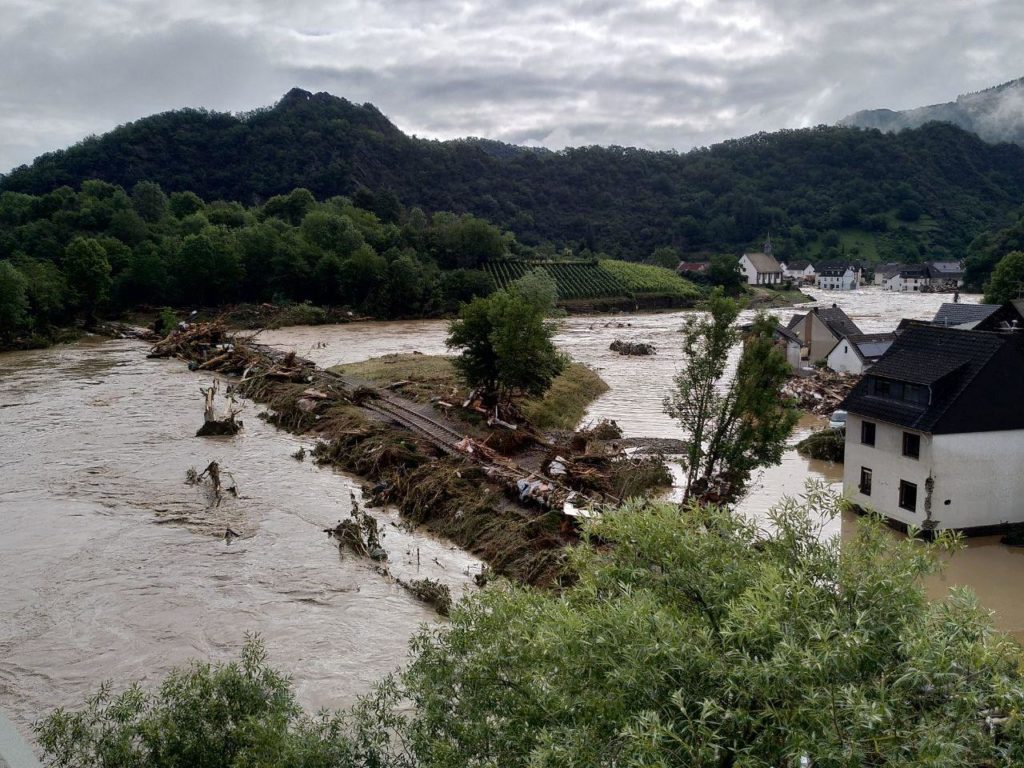
For those of us who have been aware of the impending climate breakdown for a while, these ever more frequent and extreme weather events don’t feel unimaginable at all, even in Germany. However, with a major study now officially confirming that the climate crisis made deadly German floods up to nine times more likely in addition to what everyone is seeing with their own eyes, the good news is that we can no longer say these floods are an act of God.
“These floods have shown us that even developed countries are not safe from the severe impacts of extreme weather that we have seen and that are known to get worse with climate change,” says Friederike Otto, one of the study’s authors.
This checks out with my personal, unscientific research, aka conversations and chats with my circle of friends: even the usually most stoic purveyors of a “Heile Welt” — the concept of an innately wholesome, orderly, and unflappable world — are rattled. When climate leapfrogs all the usual personal topics to the top of the conversation chain, you know there’s been a shift. People are paying attention.
While it’s not assured that the shock will last long enough for Germans to keep themselves out of their primal comfort zones of situational denial — which seems to be the preferred default for self-preservation purposes in most humans — this is, by all accounts, a game changer. This summer’s devastating wildfires and heat domes, along with warnings of a collapsing gulf stream, the first ever rain on the peak of Greenland’s ice sheet, Siberian wildfires threatening Russia’s top-secret nuclear weapons research center, and an IPCC report to spell it all out for those in the back of the room, only confirm what the floods across Germany — and Europe — portend: there is no personal safe zone anymore.
What so many of the more vulnerable and historically ignored people in the Global South have experienced for decades has now unmistakably arrived on the shores and in the collective consciousness of those who contributed by far the most to the problem — the world’s richest countries.
As of this summer at the very latest, those of us privileged enough to be residing in these places will no longer be able to tell ourselves, without at least a healthy dose of unease, that we’ll just move to climate-proof Kopenhagen, retire on a quaint Greek island, escape to tranquil Lake Tahoe, or settle in temperate British Columbia. As these relocation dreams are set in a more genial epoch with relatively stable weather patterns we are rapidly leaving behind, nobody gets to slip out the back door anymore.
At long last, we are all in this together. And that’s the good news.
With the last citadels of perceived shelter from the consequences of our unsustainable ways burning down and washing away, we are finally forced to lean into the truth that our personal fates are all intertwined and the only way to preserve a semblance of the life on Earth we know and love is to preserve it for everyone else, too. Sure, Jeff Bezos, Elon Musk, and Richard Branson won’t stop swinging their dirty little rockets around the solar system any time soon (eventually even those geniuses will find that Mars is a hellhole), but for the rest of us, there has never been a more opportune time to band together to keep the Earthship from irrevocably spinning out of control.
What’s hopeful about this promise of a giant collective leap is that we are all released from the burden of solving the world’s problems by ourselves, or even thinking that we have to. As Rebecca Solnit points out in her compelling case to hold Big Oil accountable for their carbon footprint rather than spending too much energy on fretting about our personal ones, climate-conscious individual choices are good, but not nearly enough to save the planet. “Climate chaos demands we recognize how everything is connected. Seeing yourself as a citizen means seeing yourself as connected to social and political systems.”
So from now on, our best personal moves are the ones that also benefit everyone else and can set off the collective political, economic, and cultural shifts needed to steer us into the most optimistic of the five scenarios that form the backbone of the latest IPCC report.
As we now live in the midst of what futurist Alex Steffen describes as an all-encompassing discontinuity, there is no blueprint for what these paradigm-shifting moves should look like. But whatever area of our human existence we choose for our personal entry into the realm of collective transformation, it must come with the awareness that all the established ways of thinking are the ones that got us into this mess in the first place. “To be alive right now,” Steffen points out, “is to find ourselves flattened against the fact that the entire human world—our cities and infrastructure, our economy and education system, our farms and factories, our laws and politics—was built for a different planet.”
When considering the enormity of the task, it helps to know that every contribution matters, no matter how small. Just like a single vote does not make or break an election, without a collection of a whole lot of single votes there is no democracy. And the good news is that no matter where we choose to engage, others have already begun depaving the path.
Seeking to phase out fossil fuels and support a just transition in your community and around the world? Join People vs Fossil Fuels, your local 350 group, the SAFE Cities movement, or the Fossil Fuel Non-Proliferation Treaty. Looking to move the pursuit of health away from the individualist model to a culture of care and repair? Connect with the Transition Network, Deep Medicine, The People’s WPA, or the Life Reimagined Collective. Worried about the strength of the only political system we have to achieve climate justice? Join the fight to protect voting rights and expand democracy. Looking to make a big impact with your investment? Support We Can’t Wait, the Climate Emergency Fund, Active Allies, or Third Act.
In other words, find a tribe (or several) that tackles the climate problem and bring your own knowledge and life force to it. Whichever way we choose to get involved in the fight to save all we can save, now is the time to do so.

As for my native country, the summer of 2021 will go down as the mother of all wakeup calls. No longer able to rise above it all, Germany is now an official member of the family of nations that have suffered severe loss and damage for the victims of human-induced climate change. The inability to meet the moment not only sank Angela Merkel’s sad sack heir to the business-as-usual throne, but put new wind in the sails of more reality based agents of change, like Fridays for Future or Ende Gelände. Polling ahead of the recent federal elections showed that climate change and the environment were the most pressing issue for 43% of respondents, about the same number who voted for the center-left Social Democrats (SPD) and Green Party, currently in talks to form the next government.
Receiving lessons on how to be prepared from more “established” at-risk nations like Bangladesh may feel disorienting to the German psyche, but here too, the lesson is the same: When the waters rise from climate-charged floods, we’re all balancing in the same boat.

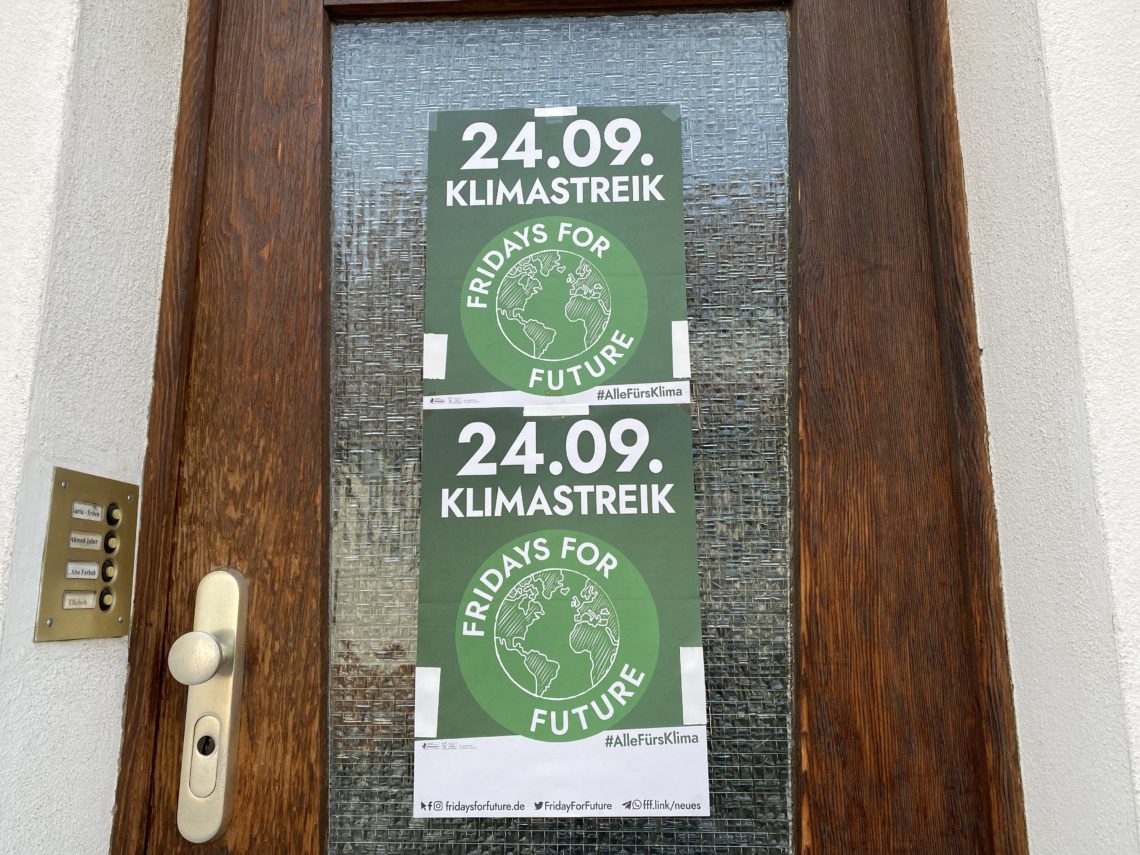
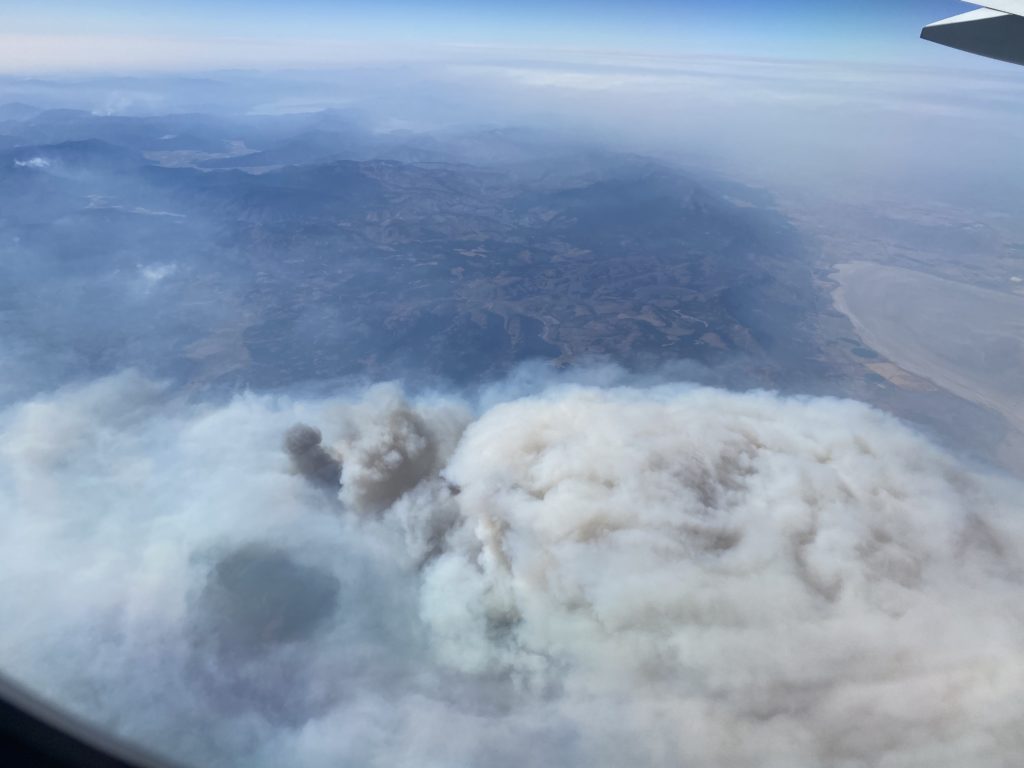


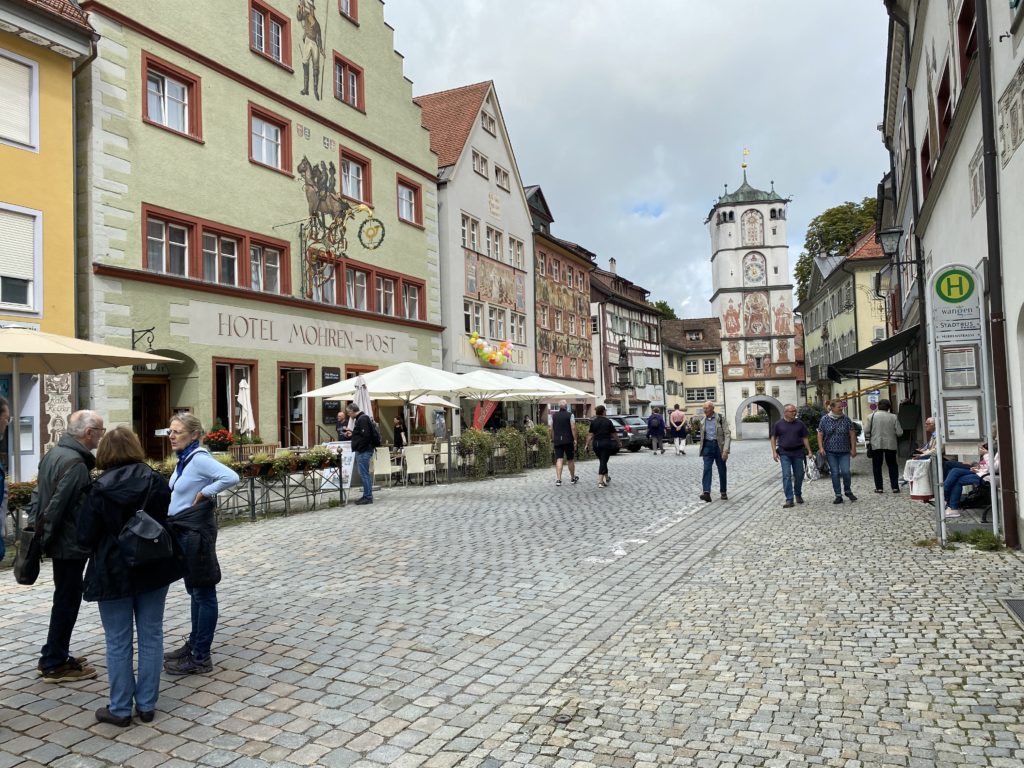
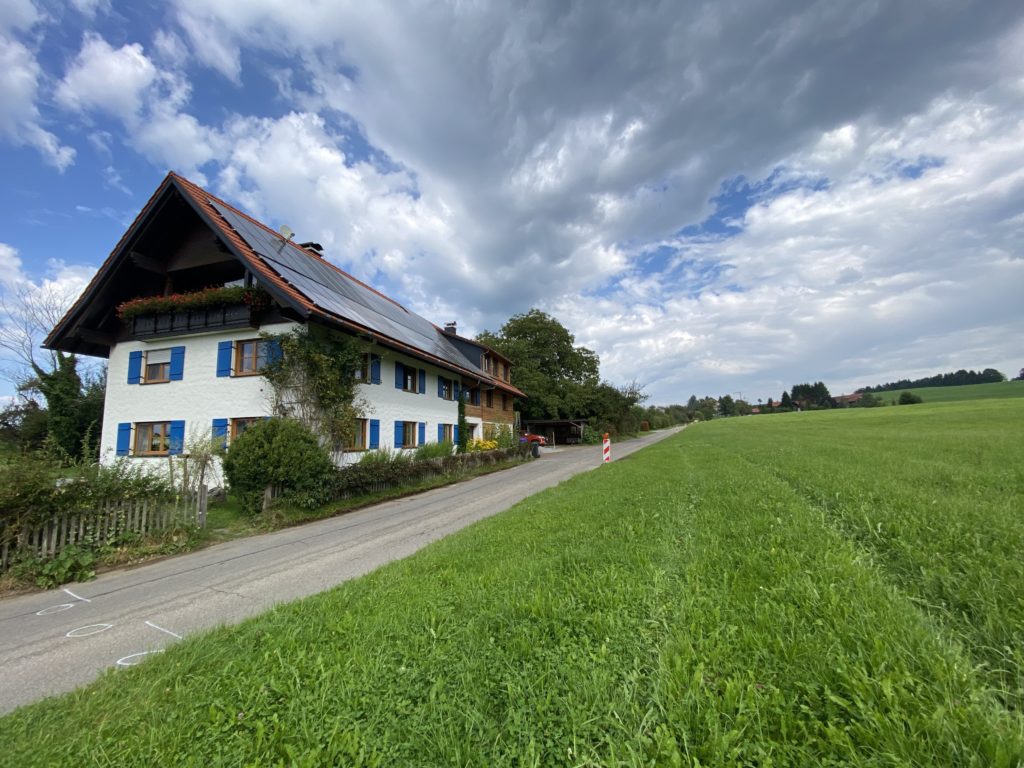
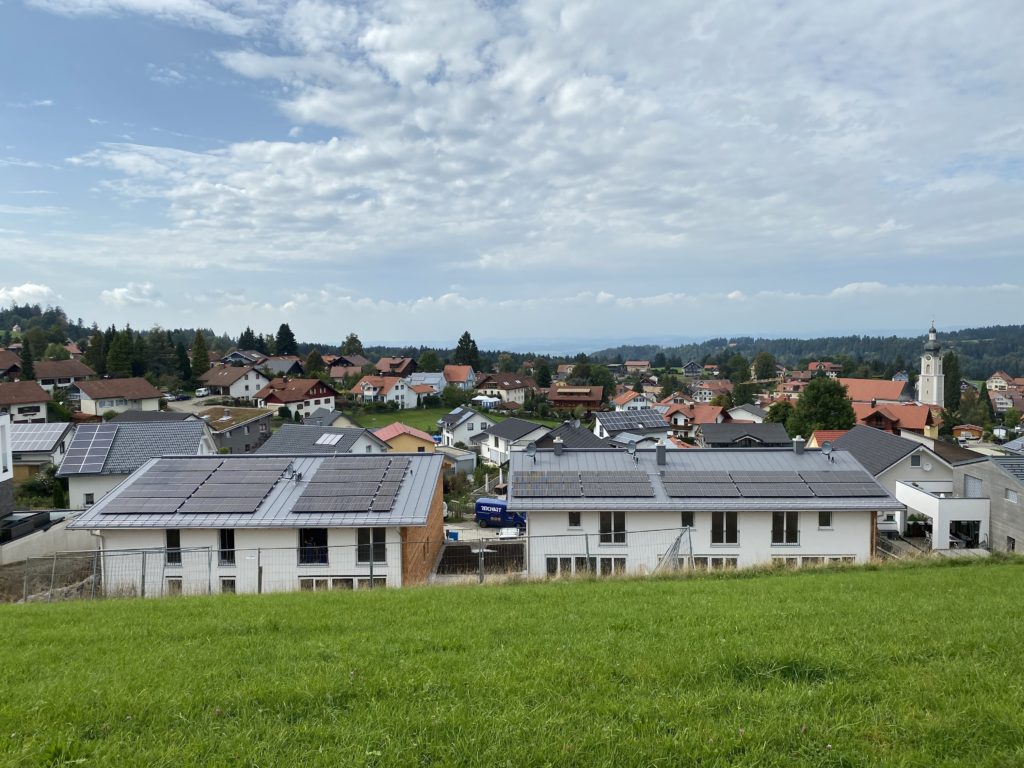



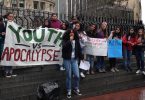



Thanks, Sven! I’m reading this amidst a stretch of feeling discouraged and overwhelmed, and this managed to uplift me with the reminder that our individual actions matter most when gathered with those of others . . . . so many, clear-eyed people, all over the world, with so much at stake. Great pictures, too!